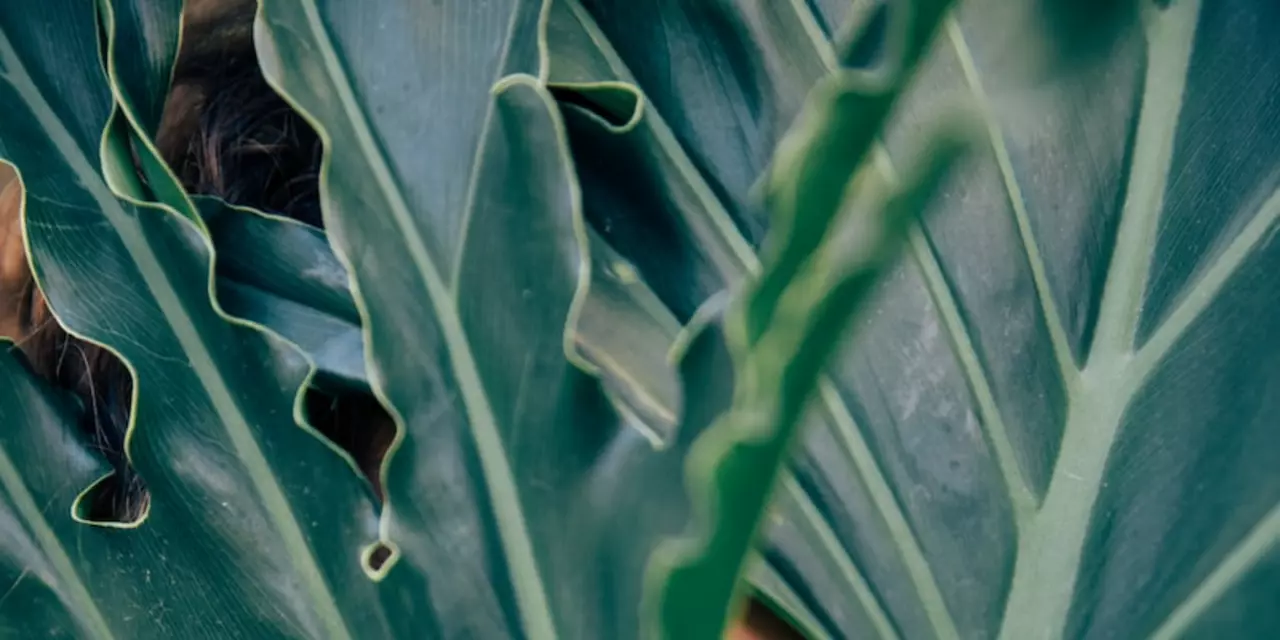Ethics Made Simple: Practical Choices for Real Life
Every day, we make decisions that reflect our values—even the ones that seem small. Ethics isn't just some abstract concept for classrooms; it's the heart of what we wear, what we eat, and even the medicines we take. You’ll see it come up in questions like, "Is this shirt made fairly?" or "Is this medicine safe and right for me?" The truth is, living ethically isn’t about being perfect. It’s about making the best choices with the info you have and keeping things honest with yourself.
Feeling lost about what “ethical” really means for clothes? Start with the basics: are the people making your jacket paid fairly and working in decent conditions? Brands like Carhartt highlight these questions, and sometimes, claims meet reality—sometimes not. You don’t need a PhD to check if clothes are made right. Look for materials like organic cotton, recycled fabrics, and see if the company is transparent about their supply chain. If they’re not, that’s a red flag.
Ethics gets personal when we talk about health and medicine. Ever had to decide between a brand-name pill and a generic? That’s not just about price; it’s about trust. Are you getting something that's safe and truly works? Generic drugs go through strict tests to match brand names on safety and effectiveness, so you’re not gambling with your health when choosing the cheaper option—but always double-check with your pharmacist.
Managing medications can sound scary when you hear about drug interactions, but the ethical thing is to ask questions and look up charts. It’s your health—be confident. Checking a drug chart for what combinations are safe isn’t just smart, it’s responsible. That’s ethics in action, just like choosing pain relief that works for you without risking something dangerous.
This goes beyond medicine and fashion. Think about what you eat and how quickly. Sometimes, simple changes—like eating slower—turn out to have major health benefits. Or when you shop for food, are you thinking about how that meal got to your plate? Local food supports the community, and often, the environment too.
The idea isn’t to stress about every single choice, but to stay curious and take small steps in the right direction. You don’t need a special badge to live ethically—just a little care for how your actions impact others, your own wellbeing, and the world around you. Start with questions, look for clear info, and trust your gut. The more aware you become, the easier it gets to spot which choices fit your values—and which don’t. That’s what ethics looks like in real, everyday life.
What exactly is sustainable fashion? Why is it so important?
Posted by Anna Fenton on Feb, 13 2023

Sustainable fashion is a term used to describe the production of clothes and other apparel in an environmentally-friendly and ethical manner. The concept of sustainability aims to reduce the negative impact of the fashion industry on the environment and to improve the working conditions of people involved in production. It is important because it helps to reduce pollution, conserve resources, and create a more ethical and humane clothing industry. Sustainable fashion also helps to reduce the costs associated with fashion production. It is important to make sure that the fashion industry is sustainable in order to ensure the protection of the environment and the welfare of people working in the industry.
